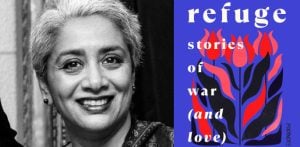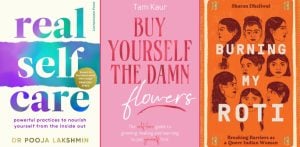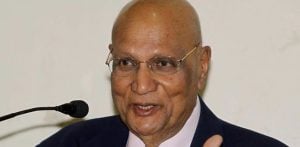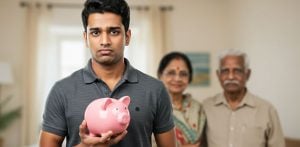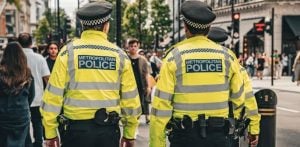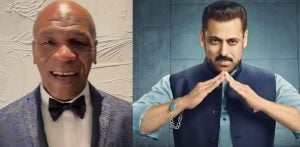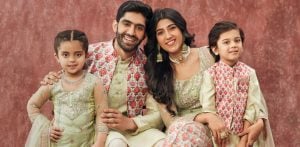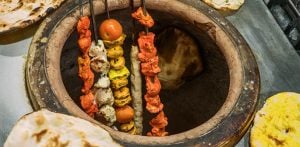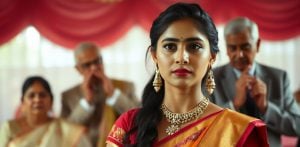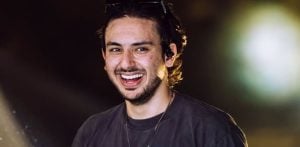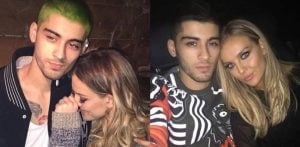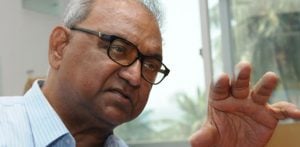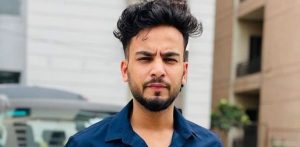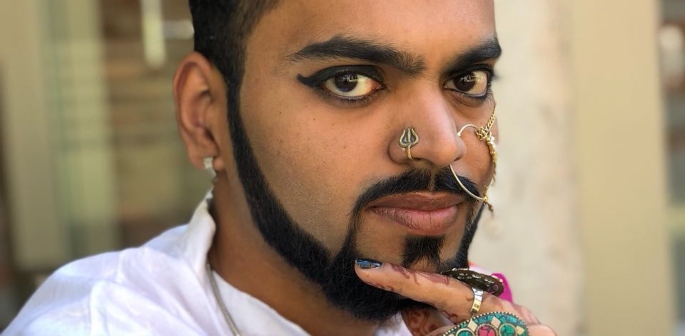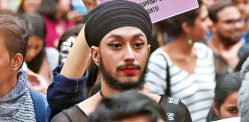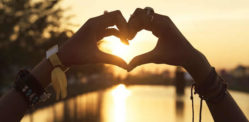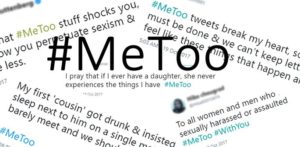"My dad would joke about how he would kill gays"
Everybody knows that line from Bend It Like Beckham (2002) where Tony reveals he is gay to Jess and she replies “but you’re Indian”.
Whilst the reaction is funny, it presents the overwhelming view that many gay South Asians face.
The surprise and confusion that Jess had are what a lot of South Asian communities and families have toward those from the LGBTQIA+ spectrum.
This view dates back decades and is part of the longstanding notion that relationships and sexuality are confined between a man and a woman.
Whilst gay people have always been in society, they’ve faced a tremendous amount of oppression. And it is even tougher for those who are South Asian.
They have to battle it out with their culture and in some cases, are forced to hide who they are due to shame.
There is also a sense of dishonour and disgust that is put onto being gay in South Asian communities, making it even harder for those people to seek advice or support.
Although there is some progress made with high-profile celebrities coming out, for example, Kal Penn, there are still a lot of hurdles to climb over.
DESIblitz spoke to some gay South Asians, diving into the difficulties they face and why it is much harder for them to exist peacefully.
Cultural Views

The biggest challenge that gay South Asians face is their own culture. As an anonymous writer declared in their article for The Guardian in 2010:
“If you’re lucky, your friends and family accept you. If you’re not, you’ve got to live with it, or ignore it, neither of which is easy.
“Now, add to that the dimensions of cultural and social mores that place you in a minority, and things get excruciatingly harder.”
Not much has changed since 2010, or even before that.
There are hardly any discussions within South Asian communities, whether that’s in the UK, India, Pakistan, Bangladesh, etc.
This lack of conversation means there is no understanding of sexuality and its different areas.
Community leaders cannot pass on information because there is no willingness for them to listen.
If there was an openness to this type of exchange then more gay South Asians would feel safer speaking out and sharing their experiences.
25-year-old Aman Khera* from Birmingham who came out when he was aged 18 weighs in:
“I just about came out to my parents and of course was met with dirty looks and embarrassment.”
“When I was thinking about my sexuality, I didn’t know where to turn to.
“I couldn’t find any things online or events in the community where people like me could speak to someone.
“There were a lot of seminars dedicated to white and black people who were gay/LGBTQ but I felt even lonelier being South Asian.”
Unfortunately in wide parts of the diaspora, being gay is still not accepted. Therefore, anyone part of the LGBTQIA+ society is shunned or repressed.
This links back to marriage and how most South Asian cultures are infatuated with a traditional relationship between a man and a woman, who will then have kids.
But the older generation specifically thinks any deviance away from this will break their family line.
So, in retrospect, some households care more about their family name than the well-being and identity of those within that family.
These views are often deep-rooted within some individuals who would take a lot of persuading to think otherwise.
Therefore, people, especially the younger ones who want to come out feel it’s easier to restrain who they are and follow a more ‘traditional’ life.
The shame element added to this means a lot of gay South Asians go under the radar, unable to fully express themselves.
Location
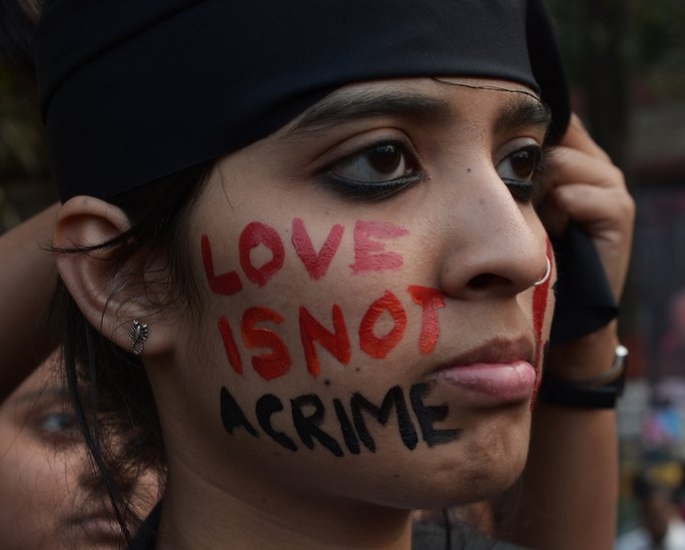
Another reason why it is harder for gay South Asians is because of their location.
Whilst in the UK, the laws around LGBTQIA+ are quite secure, in South Asia, it’s entirely different.
Taking away the societal oppression of gay people and the abuse they suffer, the actual protection around someone’s sexuality is very much non-existent.
Often, those in India, Pakistan, Bangladesh, and Sri Lanka have to keep quiet for their safety and are forced to marry someone of the opposite sex.
In comparison, the UK is quite liberal in that sense but these forced relationships are still apparent in some households.
But, that’s quite minuscule compared to whole countries that believe in one ideology.
To understand the extent of this, these are the following laws for same-sex sexual activity in some South Asian countries:
- Bangladesh – Illegal for males and females with a potential penalty of 10 years to life imprisonment.
- India – Legal since 2018 but same-sex marriage is “under consideration”.
- Pakistan – Illegal with a potential penalty of two years to life imprisonment.
- Sri Lanka – Illegal with a potential penalty of up to 10 years imprisonment with fines.
Whilst same-sex relations are under such scrutiny, these countries do accept a “third gender” known as hijras, which are predominantly transgenders.
However, South Asia still has a long way to go in showing the same acknowledgment to gay people.
Even in India, the legality of same-sex activity is taken with a pinch of salt.
The laws ‘protecting’ those people are rarely enforced with many police officers showing homophobia and turning a blind eye to any abuse directed towards gay individuals.
Whilst this is the case in certain situations, it’s still widespread across the country.
In contrast, the UK is fairly easier to navigate for gay British Asians. But, their challenges lie within the household, and can still seek some extension of support from the police if needed.
Family Values
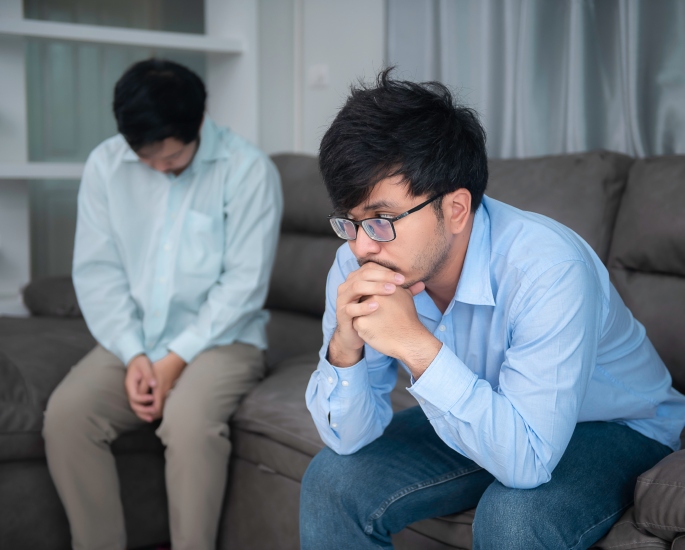
One of the most important aspects of being a gay South Asian is family and their potential reaction to the news.
In many households, those who have come out are often met with the reaction “but what will people say”.
There is a perception that if news gets out that a person is gay, then people will gossip and start decreasing their interaction with that specific family.
This toxic trait relates to the theme of dishonour and the old-fashioned view that being anything other than straight is ‘unnatural’.
Jugraj Singh*, a 30-year-old gay student is originally from Mumbai but now lives in London. He shares his experiences with his sexuality:
“I’ve seen both ends of the acceptance meter. In India, I had to conform with my friends and bully people who were gay. I barely acknowledged it, even if I was by myself.
“When I moved over to the UK, things were much easier. I eventually came out to my university friends but have yet to strike up that conversation with my family.
“Because I know that the news would come out back home and I’m not ready to deal with those consequences.
“I go back to India sometimes and I fear that if my family knew, I’d never return to London.”
Jugraj raises an interesting point on how families deal with this news.
Often, they can go to extreme lengths to make sure the news does not come out. These individuals can even suffer unrelenting abuse.
Laila Faruq*, a 27-year-old nurse who came out as gay to her family gave her account of this type of abuse:
“To be honest, when I came out, my family said nothing and told me they’d deal with it later.
“I wasn’t sure what to do but the next day, they had my bags packed and told me they were taking me to my aunties.
“My family is quite a strict Muslim one and they were horrified at what I said. I thought things would be different with them being born here.
“I told them I didn’t want to go to my aunties and we got into a fight where my dad and mum kept hitting me and I just left home after that.
“It was quite hard but I was basically banished from the family and haven’t seen or spoken to them since.”
Additionally, Vikram Dabbu*, a sales advisor from Kerala weighed in with this story:
“I was brought up with my family always joking about gay people and what they would do. Even when I was young, maybe eight or nine.
“My dad would joke about how he would kill gays. Everyone would laugh and I grew up thinking being gay was like hell.
“It was drilled into our brain that being this way was the’ dirtiest’ thing ever and the worst thing that you could possibly be.
“That’s why I’ve stayed in the closet for so long. Even coming to the UK, I haven’t said a word. I’m too scared.”
Vikram’s horrifying revelation links to an everpresent issue in South Asian families where ‘jokes’ are made about gay people.
These ‘jokes’ act as cues to impressionable children so when they grow up and learn more about their own sexuality, it has already been forced into them that being gay will get you ridiculed and mocked.
These experiences and memories show just how fragile gay South Asians are, even in their own households.
Discrimination in Society
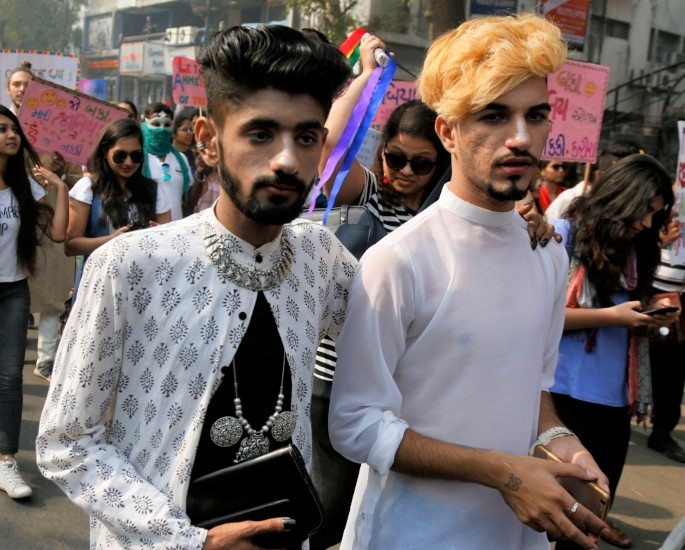
Perhaps an overlooked difficulty for gay South Asians is the societal view towards gay people as a whole.
Whilst British society is far more progressive than other countries, there are still areas that discriminate against the LGBTQIA+ community.
Of course, this happens across South Asia too.
Interestingly, not only do gay South Asians have to navigate through society with their sexuality but also the colour of their skin.
This brings up how these people have to battle against both racism and homophobia.
It makes it extremely hard to explore their identity to the fullest because there are certain aspects that are pulling them back in life.
If it’s not prejudiced in the workplace due to their skin colour, it’s bullying on the street for being gay.
Now, this does happen in extreme circumstances and not everywhere, but happens nonetheless which is the issue. Jazz Ghuter*, a 28-year-old queer man from Leeds chimed into this, saying:
“It’s so hard going out as a gay Gujarati, especially in Leeds. There are problems everywhere but I was actually racially abused before anyone was homophobic toward me.
“That made me go so on edge. I asked myself how am I gonna deal with both homophobes and racists?”
“I’ve tried to dial it down when I go out unless I’m going to the gay part of town. But, I find it so hard in other cities as well.
“I have to be aware if someone is looking at me because I’m brown or because I’m wearing a colourful shirt. It’s just too much to deal with.”
Gay South Asians shouldn’t have to balance their own identity with the views of society and the expectations of their culture.
It’s far too much to handle and can lead to a range of issues including self-harm, mental health issues, and psychological stress.
That’s why it is imperative for there to be an understanding of sexuality from South Asian and British Asian communities.
There needs to be a safe space for these individuals to find out who they are and can do that openly with support.
Is Anyone Making a Difference?
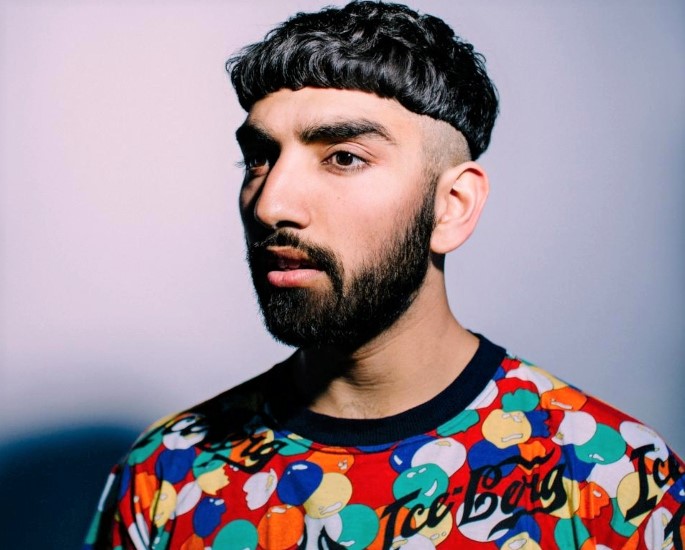
There is an incredible amount of setbacks, issues, and problems for gay South Asians to face. However, there are people trying to make a difference.
Not only are these figures trying to spread awareness, but they are proactive in how South Asian culture views and understands sexuality.
In 2015, actor and comedian Mawaan Rizwan, a writer on Netflix’s Sex Education filmed a documentary in Pakistan on the LGBTQIA+ communities.
Titled How Gay Is Pakistan?, Rizwan presented the evergrowing LGBTQIA+ individuals, detailing their fear in the country as well as the strong anti-LGBTQIA+ culture.
Also, one of the first filmmakers to set his sights on this space was Hanif Kureishi, creator of My Beautiful Laundrette (1985).
The film shows a gay interracial between a Pakistan man, Omar, and a white British man, Jonny.
The movie was nominated for both an Academy Award and BAFTA for ‘Best Original Screenplay’.
In addition, there is Pratibha Parmar, a filmmaker, director, producer, and writer.
Focusing on South Asian LGBTQIA+ representation, she’s released multiple films that focus on the difficult perspectives of LGBTQIA+ South Asians.
Flesh and Paper (1990) is about an Indian lesbian poet and then in 1991, Parmar put out Kush, a documentary about South Asian queer people living in the UK, India, and the US.
She also did Double the Trouble, Twice the Fun in 1992 which looks at disabled lesbian and gay people.
So there are tremendous figureheads shedding a light on those individuals who find it so hard to get through life.
Not to mention amazing organisations doing work in this space to support current and future generations of the South Asian LGBTQIA+ community:
- Sasmha – South Asian Sexual and Mental Health Alliance
- Desi Rainbow
- British Asian LGBTI
- Gaysians
These growing resources are great but also call for an urgent need for there to be a more supportive structure for gay South Asians.
These difficulties outline why it is so hard for these individuals to exist in a world where they are expected to do certain things by their family, culture, and society.
But, hopefully, there is more of an open conversation between all those involved so future generations don’t have to struggle in similar circumstances.


